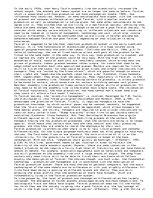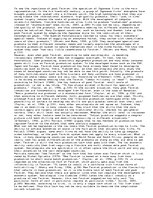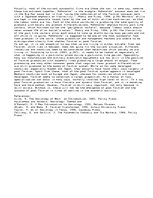-
Fordism and Post Fordism
In the early 1920s, when Henry Ford's assembly line had dramatically increased the amount output, the economy and labour system are no longer the same as before. Fordism, which is associated with mass production and mass consumption (Cooke, 1989), has influenced many countries. However, as some sociologists have argued, with the increase of product and consumer differentiation, post-Fordism, with a smaller scale of production as well as consumption is taking place. Yet some other sociologists do not agree with it. In the early 1920s, when Henry Ford's assembly line had dramatically increased the amount output, the economy and labour system are no longer the same as before. Fordism, which is associated with mass production and mass consumption (Cooke, 1989), has influenced many countries. However, as some sociologists have argued, with the increase of product and consumer differentiation, post-Fordism, with a smaller scale of production as well as consumption is taking place. Yet some other sociologists do not agree with it. They claimed that we are living in a neo-Fordist society, admitting that there are some changes, but not enormous enough to be called a post-Fordist society. To consider which society we are actually living in, different situations and industries need to be looked at in terms of management, technology and work, which also involve cultural differences. It may be concluded that we are living in neither extreme but somewhere between Fordism and post-Fordism, depending on what situation is being considered.…




